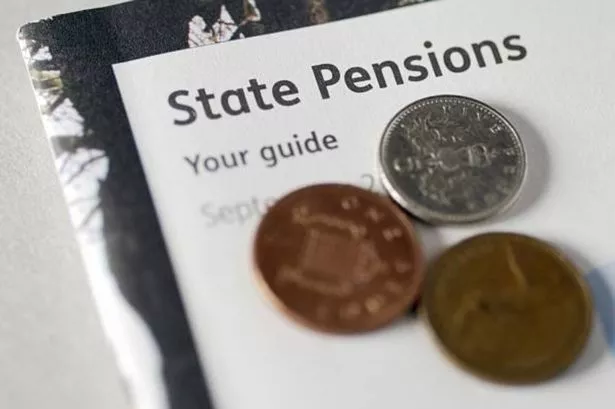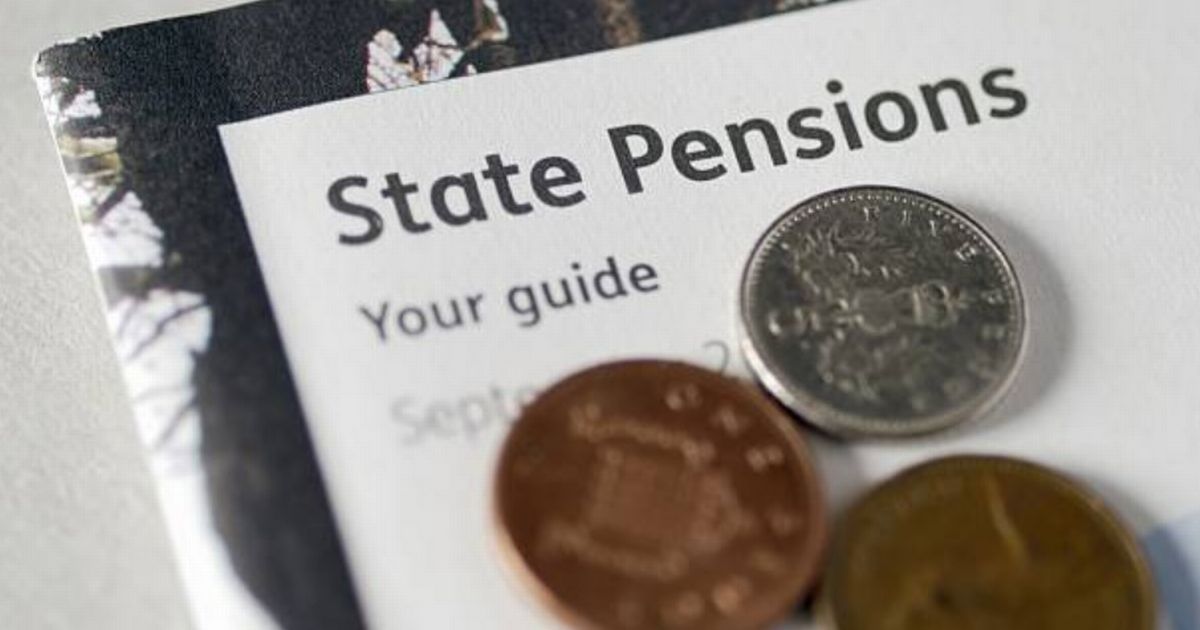The triple lock is trapping the UK in a “vicious circle” of “paying higher taxes” to benefit retirees, it has been warned. All state pensioners born before 1959 face DWP ripping away popular perk
All state pensioners born before 1959 face DWP ripping away popular perk
All state pensioners born before 1959 run the risk of having a perk being ripped away by the Labour Party government and the Department for Work and Pensions ( DWP ). The triple lock is trapping the UK in a “vicious circle” of “paying higher taxes” to benefit retirees, it has been warned.
IEA executive director Tom Clougherty warned that that UK workers will “face huge tax rises in the future” if the mechanism remains in place.
“The triple lock was meant to be a small political flourish,” he said. “It’s turned out to be three times as expensive as the Office for Budget Responsibility (OBR) expected when it was introduced in 2010.”
READ MORE SUV drivers face new ‘premium’ to park their cars in part of UK
“The assumption was that earnings growth would normally outpace inflation, so the triple lock would mostly just track wages,” Mr Clougherty said.
“Instead, weak wage growth and volatile inflation have meant the pension has risen much faster than expected, and faster than average earnings.
“Over the 2010s and into the 2020s, the state pension has grown sharply as a share of earnings. The result is that working-age people are paying ever-higher taxes to support retirees – and have less left to save for their own old age. It’s a vicious cycle.”
It’s a problem that’s only going to get worse, exacerbated by a rapidly ageing population,” he warned. “Between now and 2070, the population is going to get much older, and we’re set to spend about 11 percentage points of gross domestic product (GDP) on age-related costs – roughly £200 billion a year in today’s money.
“That’s like doubling every income tax bill in the country.” Mr Clougherty said he would be “very surprised” if Brits currently in their twenties and thirties get to experience a triple-lock pension.
He warned: “It simply isn’t sustainable unless we get a sudden and sustained boom in economic growth.”
“By the end of this decade, we’ll be spending £23 billion more each year on the state pension than if we’d stuck with inflation-linking,” he said. “That’s about half of the so-called fiscal hole facing Rachel Reeves.
“[But] in most constituencies, a majority of voters are at or approaching retirement age. Unless you can sell a broader vision, people will resist anything that takes away their benefits.”

